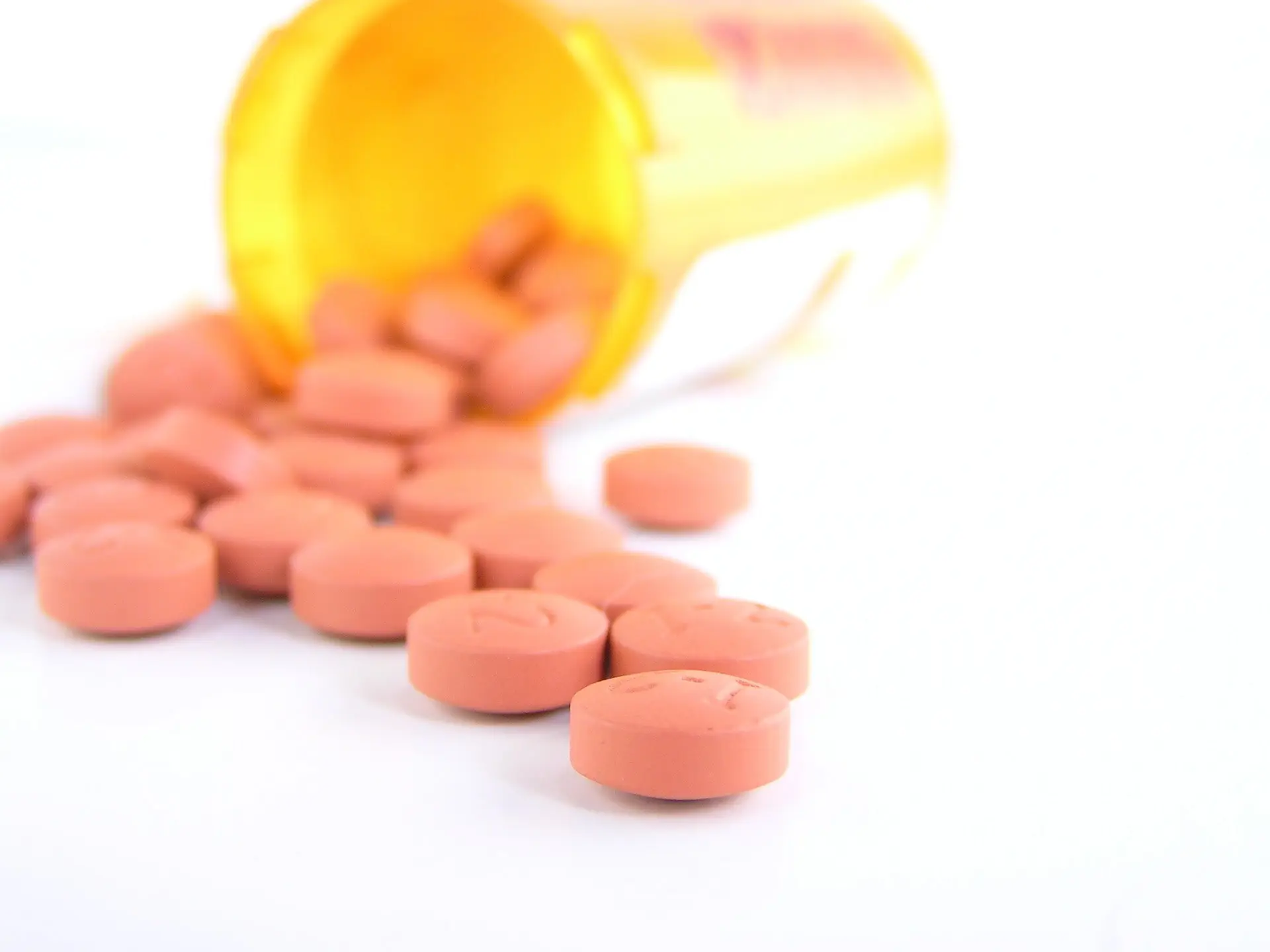Liability in Pharmacy Errors: Who is Responsible?

Pharmacy errors can happen in various ways—be it a mistaken dosage, a wrong medication, or unclear instructions. While the immediate consequence is a potential health risk for the patient, there’s another aspect that’s often left unexplored: Who is legally responsible for these mistakes? This blog post aims to shed light on the complexities surrounding liability in pharmacy errors, particularly within the legal framework of South Carolina.
Types of Pharmacy Errors
Before delving into liability, it’s essential to understand the common types of errors that can occur in a pharmacy setting:
- Wrong Medication Dispensed: This happens when a patient receives a medication other than what was prescribed.
- Incorrect Dosage: The patient receives the correct medication but in the wrong dosage.
- Faulty Labeling or Instructions: Misleading or unclear labels can lead to improper use of the medication.
- Drug Interactions: Sometimes, pharmacists overlook potential interactions between different medications a patient is taking, which can result in adverse effects.
Parties That Could Be Held Liable
The Pharmacist
A pharmacist has a duty of care to accurately fulfill prescriptions. If a mistake occurs due to oversight, fatigue, or lack of due diligence, they can be held directly responsible for the error.
The Pharmacy
The pharmacy as an entity also has a duty of care. If systemic issues such as understaffing or inadequate training contribute to the error, the pharmacy can be held liable.
The Prescribing Physician
In some cases, the error may stem from an unclear or incorrect prescription written by the physician. If so, the physician could share in the liability.
The Drug Manufacturer
In rare cases, liability may extend to the drug manufacturer, especially if the medication itself was defective or carried insufficient warnings.
Legal Framework in South Carolina
South Carolina follows the “comparative negligence” model, meaning if you are partially at fault for the error—say, by not double-checking the medication or dosage—you may still recover damages. However, your compensation will be reduced by your percentage of fault.
Gathering Evidence
Collect all paperwork, including your prescription and the medication bottle. Save any remaining medication as it can serve as critical evidence. Secure your medical records that indicate any harm or adverse effects you suffered as a result of the error.
Statute of Limitations
South Carolina law stipulates that claims must generally be filed within three years from the date the error occurred or should have been reasonably discovered.
Conclusion
Understanding the liability in pharmacy errors involves dissecting multiple layers of responsibility, from the individual who dispenses the medication to the system that facilitates the process. If you or a loved one has experienced a pharmacy error in South Carolina, it may be helpful to consult an attorney specialized in medical malpractice or personal injury to guide you through the complexities of establishing liability and seeking appropriate compensation.

